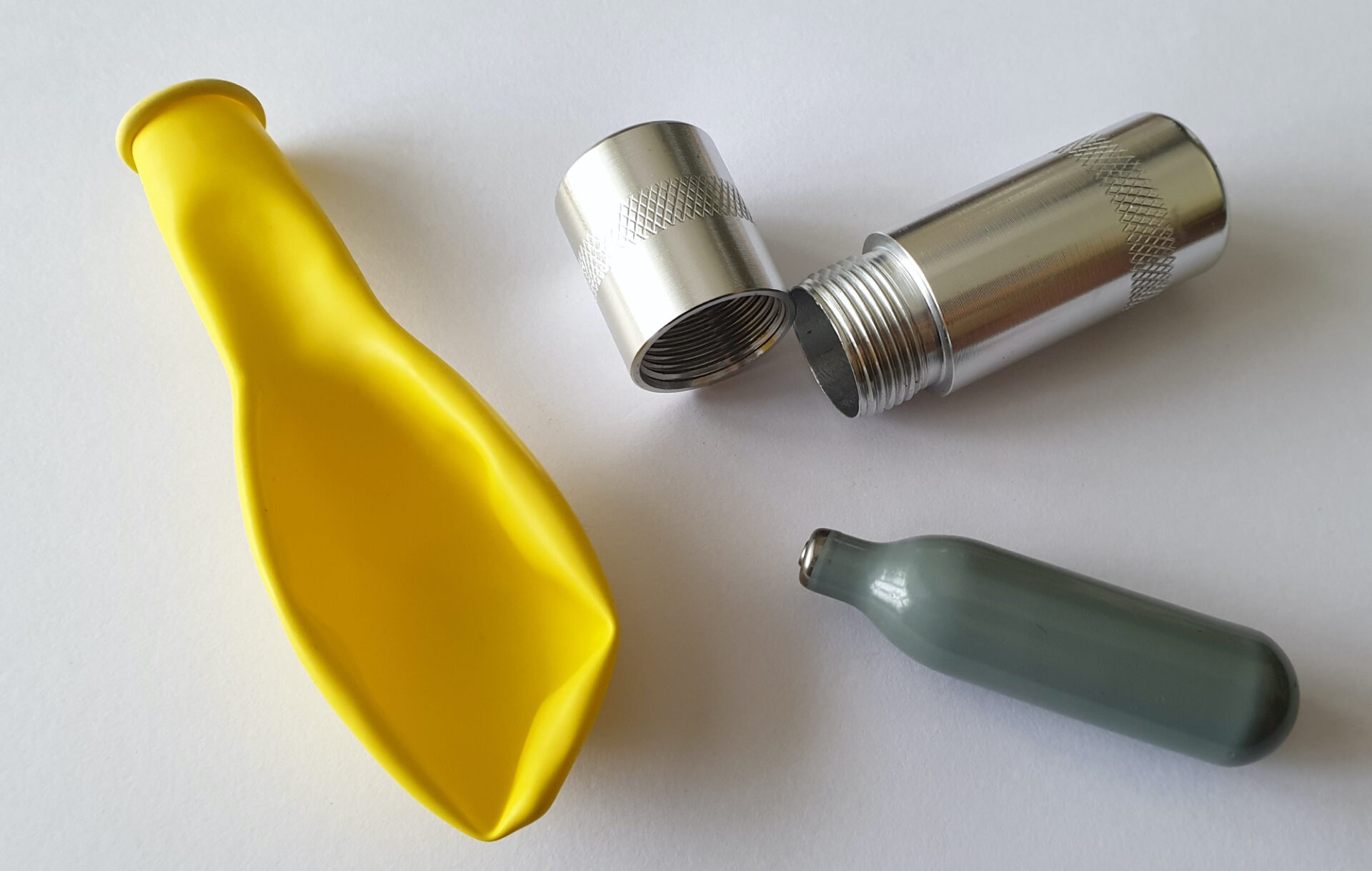Nightlife industry ‘welcomes’ UK government’s plan to ban laughing gas
'The industry has faced a long-standing battle with the sale and use of this drug'
By Tom Skinner

The UK government has banned nitrous oxide – aka laughing gas, or ‘nos’ – as part of a wider plan to tackle anti-social behaviour.
Today (March 27), Prime Minister Rishi Sunak unveiled a new ‘action plan’ that will see perpetrators of anti-social behaviour “face swift and visible justice”, with police given more powers to test for drugs upon arrest.
Per GOV.UK, the crackdown “will make sure this issue is treated with the urgency it deserves, establish a zero-tolerance approach to all forms of anti-social behaviour, and give the police and local authorities the tools they need to tackle the problem”.
Sunak said in a statement: “Anti-social behaviour undermines the basic right of people to feel safe in the place they call home.
“The public have rightly had enough – which is why I am determined to restore people’s confidence that those responsible will be quickly and visibly punished.”
He continued: “This action plan maps out how we will tackle this issue with the urgency it deserves and stamp out these crimes once and for all – so that wherever you live, you can feel safe in, and proud of your community.”
Under the approach, nitrous oxide, or ‘laughing gas’, will be banned in a bid to “send a clear message to intimidating gangs, that hang around high streets and children’s parks and litter them with empty canisters, they will not get away with this behaviour”.
Michael Kill, CEO of the Night Time Industry Association (NTIA), responded to the ban in a statement. “We welcome the announcement by the Government today that Nitrous oxide is set to be banned under new government plans to clamp down on anti-social behaviour,” he began.
“The industry has faced a long-standing battle with the sale and use of this drug, with the current legislation leaving licensees and authorities powerless to tackle the problem.
“Businesses have been put under immense pressure by police, local authorities and residents as a result of streets being littered with silver canisters, exposing staff and customers to petty crime, anti-social behaviour and organized crime gangs.”
Kill added: “The intervention by the Government has come at a critical time, as businesses in major cities across the UK have seen the challenges around nitrous oxide escalate dramatically in the last 6-12 months.”
As the government notes, laughing gas is now the third most-used drug among 16 to 24-year-olds in England. Back in 2020, a study found that 8.7 per cent of participants in this age range said they’d used nitrous oxide in the last 12 months.
Nos is commonly used in nightclubs, festivals and other late-night settings. It is said that both the police and public have reported a link between the use of the drug and “nuisance or anti-social behaviour”.
Doctors recently warned that the use of laughing gas could lead to spinal damage. New medical guidelines were also issued to provide healthcare professionals with a way to diagnose issues caused by the drug, and prevent users from suffering life-long disabilities.
Over the weekend, Conservative MP Michael Gove defended the government’s plan to ban laughing gas during an interview with Sky News.
He said: “I think any of us who have had the opportunity to walk through our parks in our major cities will have seen these little canisters, these silver canisters which are examples of people not only despoiling public spaces but also people taking a drug which can have a psychological and neurological effect and one that contributes to antisocial behaviour overall.”
Gove acknowledged that the government had gone against the recommendation of the UK’s drug advisory panel, which had said the sale and possession of nos should not be banned. According to the panel, the sanctions that would apply if the substance was banned would be disproportionate to the level of harm associated with it (via the Guardian).
In 2015, Glastonbury banned nos from the festival’s King’s Meadow area after two tonnes of empty canisters were picked up, by hand, at the previous year’s event.
